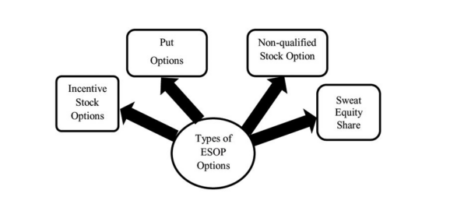Table of Contents
Training in Entrepreneurship
Once the selection of potential entrepreneurs is over, they have to be equipped with managerial and technical skills to start an enterprise. In an entrepreneurial development program, there are candidates with a variety of backgrounds and qualities. Therefore, a package of training inputs is provided during the program which is usually of six weeks’ duration. The main training inputs are as follows:
contents of training programs
- Technical Knowledge and Skills
- Achievement Motivation Training (AMT)
- Support Systems and Procedures
- Market Survey
- Managerial Skill
- Project Preparation
- Guidance Sessions
Technical Knowledge and Skills
Once the entrepreneur selects a particular enterprise in-depth, knowledge about the technical aspects of the trade is essential. The entrepreneur has to be well-conversant with the process of manufacturing and trading for which practical training based on sound theory is essential.
He needs to also know the economic aspects of the technology including costs and benefits. Field trips to a few industrial units and implant training can be very helpful.
Achievement Motivation Training (AMT)
Achievement Motivation Training (AMT) is essential for developing human resources. It focuses on traits like the need to achieve, risk-taking, and initiative. This training creates self-awareness and confidence, enabling positive thinking and realistic approaches.
Without AMT, Entrepreneurship Development Programs are ordinary. AMT encourages people to start or expand businesses, teaching them excellence, risk-taking, feedback use, and efficacy. Training involves activities like “who am I” exercises and practical tasks like “product manufacture,” aiming for continuous self-assessment and organizational improvement.
Support Systems and Procedures
The participants have to be exposed to agencies like the local banks and other financial institutions, industrial service corporations, and other institutions dealing with the supply of raw materials, and equipment and arranging the finance.
The session on support systems needs to include the procedures for approaching them applying and obtaining assistance from them and availing of the services provided by them. A linkage between the training institute and the support system agencies can be established by the participation of these agencies in sponsoring and financing the EDP.
Market Survey
The participants should be given the opportunity to actually conduct market surveys for their chosen projects. This would help expose the candidate to the marketing avenues available and could be followed by sessions on methods of dealing in the market.
Managerial Skill
Once a participant is able to start the enterprise, he requires managerial skills. A list of the agencies along with details of the formalities to be completed, and specimen forms to be filled in would greatly facilitate the entrepreneurs. It should include all aspects of financial management.
Managerial skills are particularly essential for a small-scale entrepreneur who cannot afford to employ specialists in different areas of management. The aim should be to enable the participant to look at an enterprise in its totality and to develop an overall managerial understanding.
Project Preparation
A lot of time needs to be devoted to the actual preparation of projects. Their active involvement in this task would provide them necessary understanding and also ensure their personal commitment.
Guidance Sessions
During the course of training various guidance sessions are helpful for enabling the trainees to identify appropriate business opportunities. Information and counseling on various feasible business opportunities are provided through the team of experts and by spot surveys.
Necessary experience is provided in market surveys, project preparation, sources of finance, etc. Undue emphasis on any dimension in entrepreneurial development should be avoided as it may lead to distortion in both the process and content of the program.





